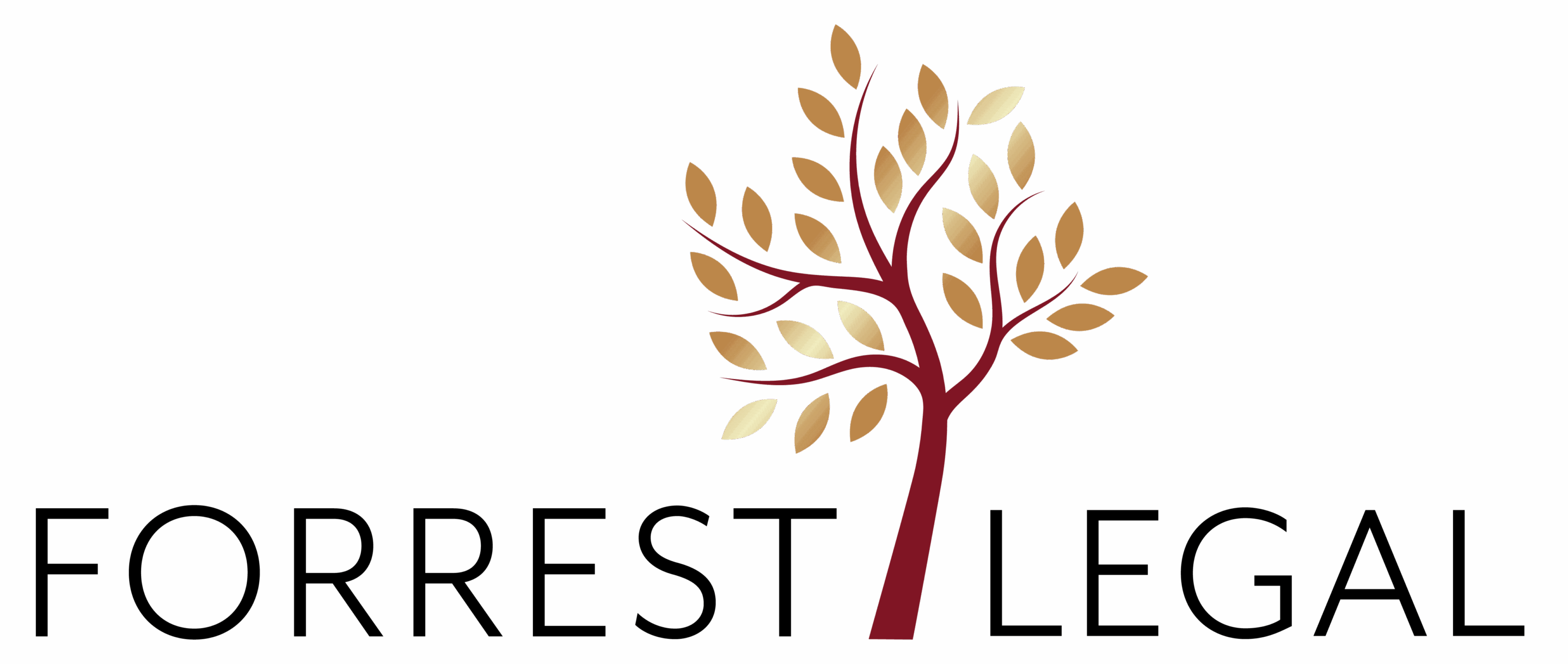Over the summer, a friend of mine, a lawyer, got a frenzied call from his son’s best friend. He was getting ready to start law school and was panicking that he wasn’t reading the right things to adequately prepare.
My friend met Rob at a Starbucks and, over coffee, explained what everyone who has been to law school knows after they go to law school – nothing can prepare you. Not really.
“Law school,” my friend said, “is about learning to think in pretty much an entirely different way. It’s not about learning the law as much as it is learning how to look at a set of facts and figure out what’s really going on and how the law applies.”
“‘Spotting the issue,'” he added, “is the key to surviving law school and the only way to learn to spot the issue is to start law school.”
Rob seemed to get that, and he may or may not have relaxed a bit. He did take my friend’s advice and read Scott Turow’s One L, the best book about law school ever (sorry Paper Chase).
One thing my friend was able to do for Rob was give him his old outlines for the core law school classes, Torts (my favorite, for obvious reasons), Contracts, Evidence (my second favorite?), Constitutional Law, among others. My friend graduated law school in the mid-nineties, but the core cases, the ones that build the foundation to understanding case law and, most importantly, how to think, stay the same.
My friend was flipping through his old outlines – he had them in soft bindings – when he found, in the last pages of his Con Law I booklet, a long essay by the professor – a nationally recognized Constitutional scholar and writer – about a past year’s final exam.
As a study aid, the professor had given the class that final along with his four-page analysis of the questions and the problems he saw with the many, many different answers he had received.
This is what he saw that brought him up short, so short he took a picture of the page before he handed it over to Rob:
Like all examinations, this one was designed to test your ability to recognize the legal issues inherent in a set of events …
Generally, the single gravest difficulty I saw in your answers collectively was an unwillingness (or an inability?) to focus on the particular circumstances in front of you. Too many of you wrote abstract answers, with only a glancing nod to the particularities. You cannot do that in real life and success, and for that very reason, you cannot do so either in an examination.
The professor hit this point over and over again – many of the answers he received were spot on, well written, and expressed with impeccable logic. The problem was they were answers to questions he hadn’t asked. Students had ‘spotted’ the wrong issue – in some cases, issues – and answered those. perfectly. But wrongly.
His point: missing the issue in a law school final cost you points and a letter grade or two; missing the issue in the real world could cost a client everything.
At my friend’s law school, students took Con Law their second year. Everyone in class had survived the first year, everyone had a lot of practice finding issues, certainly well enough to pass. Yet, they missed and they missed a lot, presumably because Con Law was, is, very different from Torts and Contracts and Criminal law and they simply didn’t adapt quickly enough.
Which is my point today, when lawyers pass the bar they can practice in any area of the law they chose, at any time. A lawyer can handle a real estate closing, draft a will, review an employment contract, bring a malpractice action.
The thing is, when lawyers venture areas they don’t normally practice in, they can easily slip into that second-year law students faced with Con Law syndrome – they’re competent but can miss the real issue.
